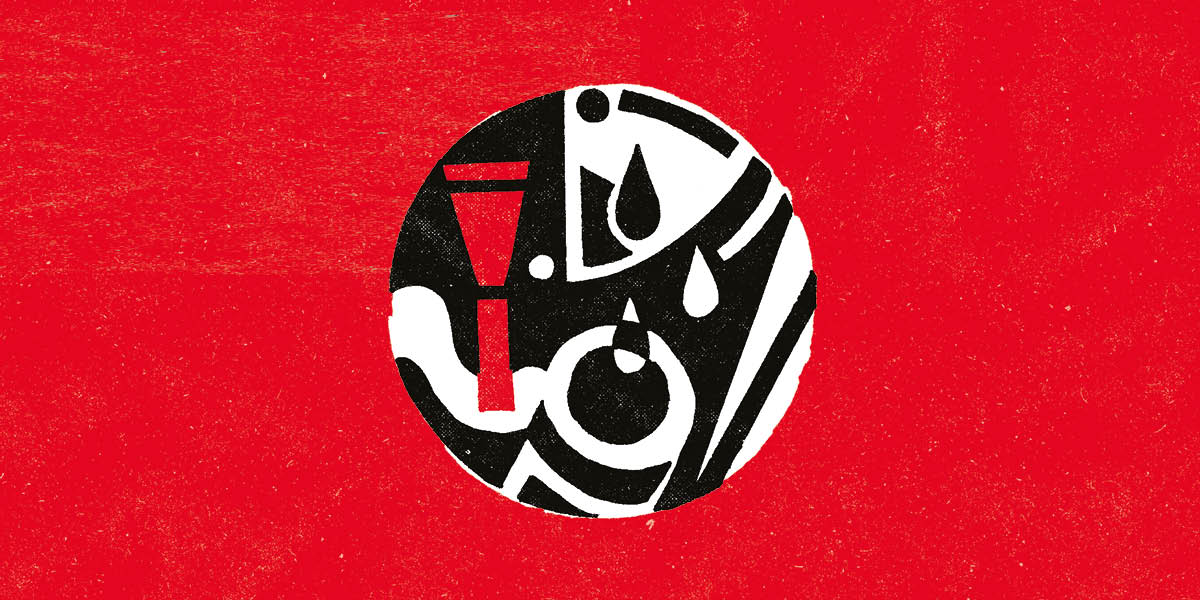We are living in unsettling times. Wildfires rage while political leaders deny climate change, far right movements gain traction, children suffer and die from the consequences of war and genocide, women’s rights are increasingly under threat, and powerful individuals and corporations set agendas that serve only their own interests at the highest levels of government.
It is in these times that we truly see the power and importance of investigative journalism, which has always been a light in the darkness. Its purpose is to keep democracy strong, hold the powerful to account, expose injustice and give people the knowledge they need to make informed choices about their world.
It’s no exaggeration to say investigative journalism, at its most impactful, can change the course of history. Think of Bernstein and Woodward’s work on the Watergate scandal, which led to the resignation of President Nixon. Or the Boston Globe’s groundbreaking investigation into the widespread sexual abuse within the Catholic church. Or the WikiLeaks Iraq war logs, which exposed the US army’s civilian killings. The reverberations of these investigations were felt around the world.
Most investigations will not have that level of impact. But just by uncovering something that was previously hidden, investigative journalists play a vital role in creating a more accountable society.
A spotlight on abuse
Investigative journalism often serves as a voice for the voiceless, uncovering stories that might otherwise remain hidden. The work frequently involves speaking for the most vulnerable in society – giving victims the platform they’ve been denied. From my own experience investigating issues in some of the world’s most neglected regions, there’s an immense responsibility that comes with exposing wrongdoing involving the most vulnerable. You’re not just telling a story; you’re carrying someone’s truth.
This sense of responsibility drives the urgency to create journalism that leads to tangible, real-world impact. Sometimes, the most important thing for people is to be heard. Often, that alone can be empowering. But the landscape is shifting and the way we do investigative work must keep pace.
It’s no exaggeration to say investigative journalism, at its most impactful, can change the course of history
Investigative journalism is facing serious threats. As funding becomes more uncertain and the way people consume news changes, we have to find innovative ways to adapt. Investigative reporting, by its nature, digs deeper, which requires time, resources and focus – things that are increasingly scarce in newsrooms under financial pressure. There is little profitability in investigative work. Moreover, because investigative pieces frequently target powerful interests, they’re often met with resistance from political elites. These challenges make it harder for outlets to pursue even investigations they know could be groundbreaking.
In an age when truth is increasingly obscured by misinformation, the power of the rich and powerful to evade accountability will keep growing – unless we stop it. Amid this chaos, it’s crucial to remember that, as investigative journalists, our mission is to keep fighting for truth. A thriving democracy depends on this work. As the saying goes, ‘In a time of universal deceit, exposing the truth is a revolutionary act.’
More than ever, we must recognise the importance of investigative work, not just for holding power to account, but for preserving the very integrity of our society.










